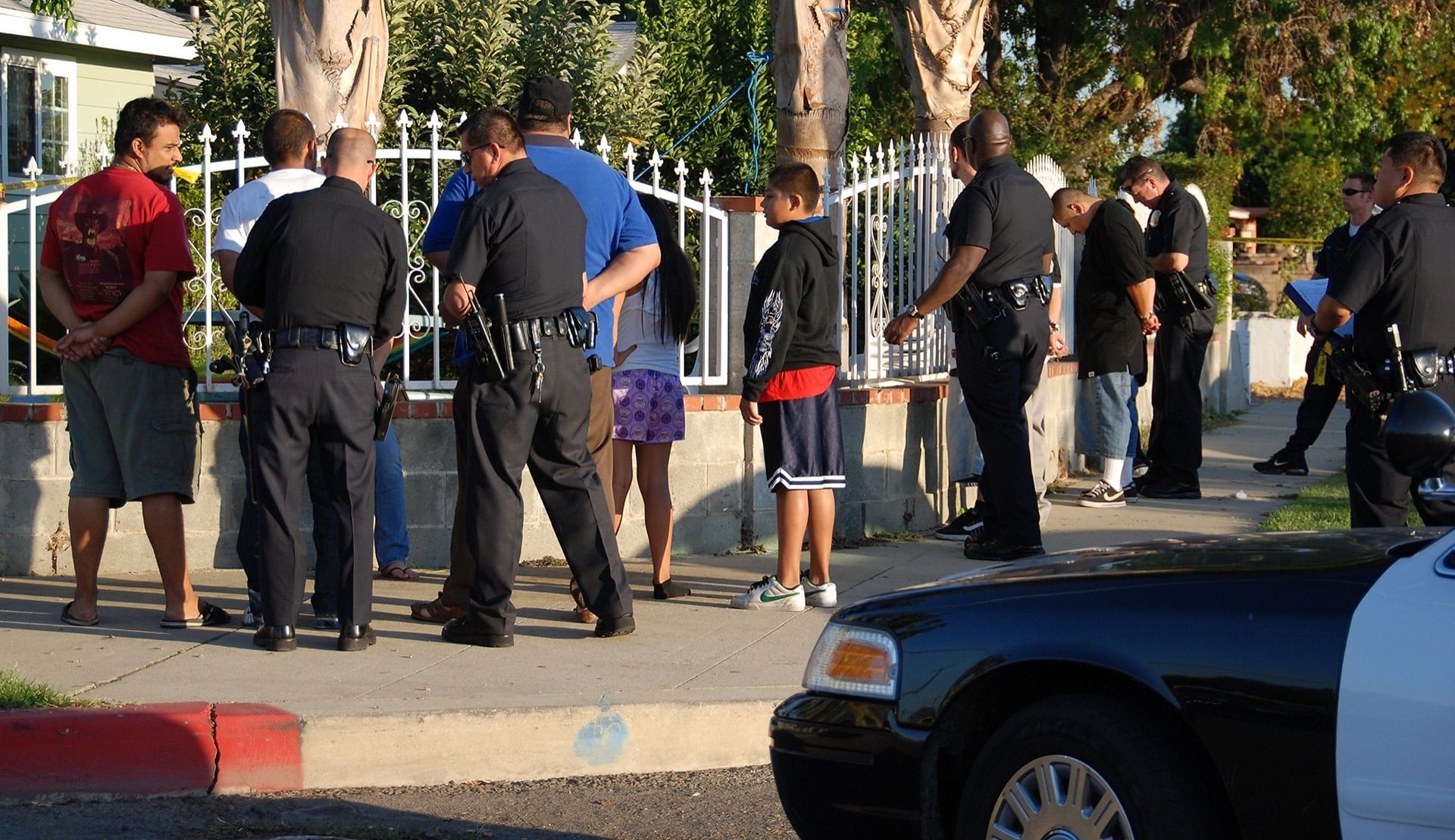
Internal investigations into accusations that officers of the Los Angeles Police Department intentionally falsified interview records from traffic stops to portray individuals as gang members. What began as an investigation of three individuals has now expanded to include twenty officers, ten of which have been assigned to their homes. As reported in the LA Times, Chief Michel Moore said last month that the investigation now “definitely has a criminal aspect.”
Gang Databases and the LAPD
The investigation was kicked off in 2019 after a mother challenged a letter from the LAPD which said that her son had been added to LAPD’s gang database. She disputed the allegation and reported the letter to an LAPD supervisor, who reviewed the evidence and found inaccuracies. Though the son was ultimately removed from the database, this falsified evidence appeared to confirm years-long concerns from activist groups that the LAPD was misusing gang databases.
Increased Oversight
As the investigation has grown, the LAPD has instituted new measures to attempt to prevent falsified records of gang affiliation, including having a designated officer review all evidence related to gang classifications. However, the case draws into question all the criminal investigations conducted by the officers involved, even as the LAPD struggles to distinguish inaccurate information from intentionally falsified records.
Standing Up for the Accused in Los Angeles County
As activists once again call for the LAPD to dismantle it’s gang databases, and with another LA Times report finding that LAPD officers stop African Americans far more frequently than drivers of other races, it’s clear that these are systemic problems. The unfortunate truth is that, when it comes to criminal investigations, police do not always act within the bounds of the law.
If you’ve been charged with a crime in Los Angeles, it is imperative that you work with an experienced criminal defense attorney like Brian A. Newman. Your attorney will review every aspect of your case to protect your rights and maximize your chances for a positive outcome. Call (424) 254-5186 today to schedule a complimentary consultation for your case.
